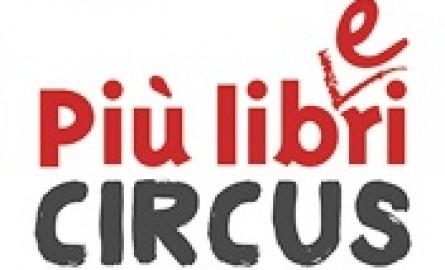by Eleonora Catalli, from London
 I discovered my passion for salsa in London and realised that I could actually learn how to do it and even become good at it! Then, in search of its origins I decided to go to Cuba where I discovered that salsa is a fantastic transcultural phenomenon. Salsa brings people together and creates rhythmical affinities, it is the result of the artistic mix of diverse afro-Caribbean cultures and rhythms; orisha, rumba, son, mambo and cha cha chá are amongst them. Different styles of salsa (Colombian, Cuban, LA, New York and Puerto Rican styles are the most famous) reflect the further syncretisation of salsa in specific geographical contexts.
I discovered my passion for salsa in London and realised that I could actually learn how to do it and even become good at it! Then, in search of its origins I decided to go to Cuba where I discovered that salsa is a fantastic transcultural phenomenon. Salsa brings people together and creates rhythmical affinities, it is the result of the artistic mix of diverse afro-Caribbean cultures and rhythms; orisha, rumba, son, mambo and cha cha chá are amongst them. Different styles of salsa (Colombian, Cuban, LA, New York and Puerto Rican styles are the most famous) reflect the further syncretisation of salsa in specific geographical contexts.
In many South American countries salsa is part of community and social life; dance and music often share the same spaces from homes to street festivals, from nightclubs to stages. In London salsa is very popular as well and brings together South Americans, Europeans and many other nationalities reinstating its status as a transcultural phenomenon. There are many restaurants scattered from North to South London that remove their tables after dinner and are transformed into dance floors until late in the night; numerous are the pubs, clubs and dance schools that organise lessons for those who want to learn; all levels, all styles, all days of the week!
Research conducted in 2011 at Queen Mary, University of London found that there are some 113,000 young and highly educated Latin Americans, mainly in East and South London, who have problems with integration and low-paid jobs. For these people, salsa is part of the affirmation of an individual and collective sense of cultural identity; moreover, salsa shapes body movements that articulate and reiterate gender roles. For many non-Latinos – like me – salsa has been a way of acquiring self-knowledge, socialising, having fun and mainly understanding how music and dance have the power to build bridges amongst cultures; a way of learning how important it is to focus on similarities rather than differences; at the end of the day we are all human beings!












Leave a Reply
Your email address will not be published. Required fields are marked (required)